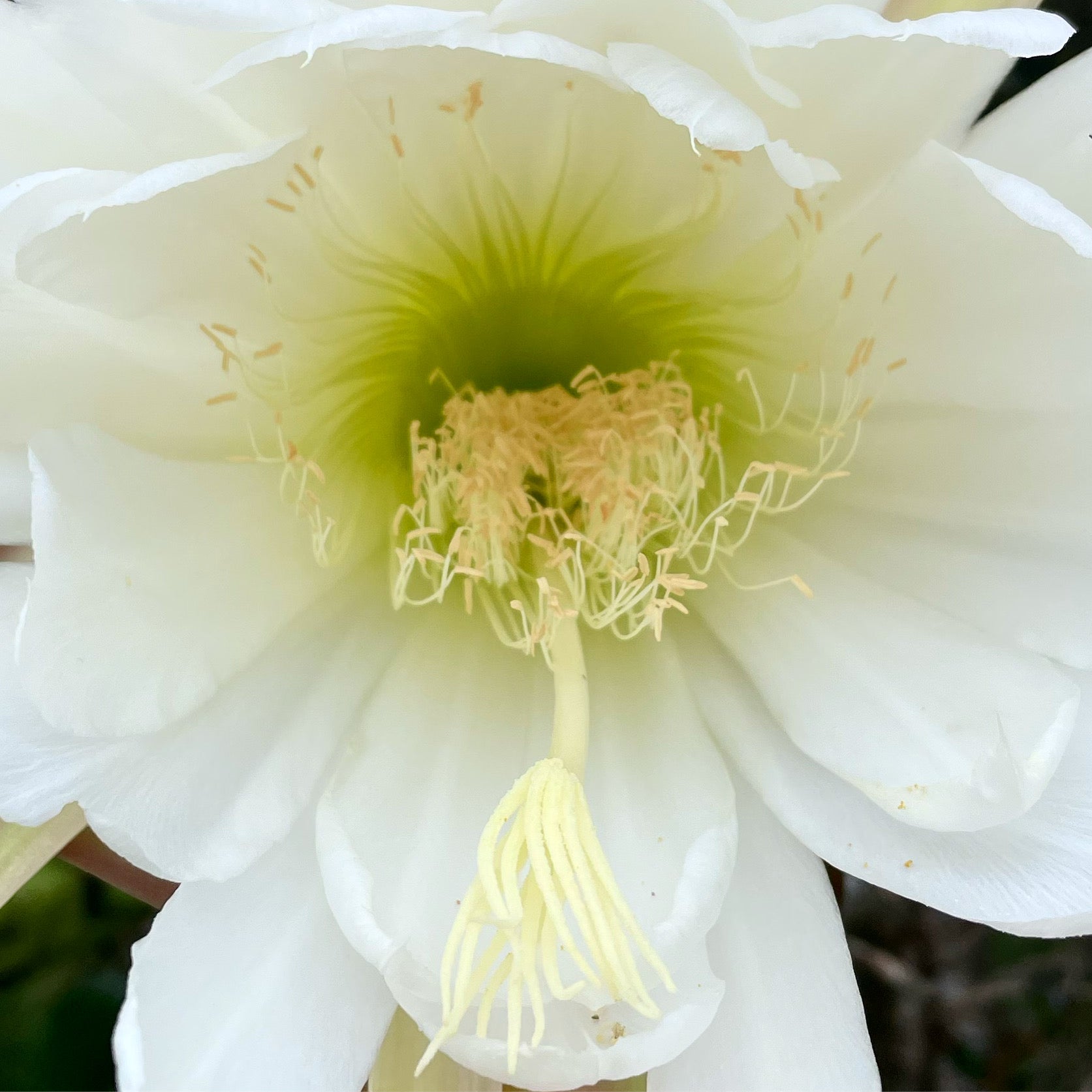It is said that when something is socially destructive, it tears at the fabric of society. We conceive of our individual relationships as if there were threads between us, creating a tapestry of social cohesion. It is these threads, this invisible space between us that shapes who we are, and in turn, shapes weave of the fabric we live in. It is a dynamic, creative or destructive, reciprocal space.
The social fabric around us effects our wellbeing by determining how seamlessly we fit in and how much support we have, whether that is materialistic and financial, or emotional and intellectual. From the moment we are born we are dependent on the people around us and as we grow older our wellbeing is dependent on our ability to fulfil our interpersonal social expectations.
What happens when our ability to fulfil these expectations is thwarted, whether by trauma, addiction, or any other disabling experience? We become less and less able to participate with our family, our work, and even our friends. It becomes easy to be relegated into fringe spaces, perhaps we spend more time online and lose our grip on the threads that weave us together.
Real, tangible, generative and supportive relationships can, and do, form in the online space between us. However, being the social, tactile, facial recognizing creatures that we are, we need to ensure that we are spending our time connecting with real humans, rather than connecting on the web. There is something fundamentally healing about the space between our animal bodies.
Mind interacting with mind, as we do in the online web, can be a healthy way to express ourselves without the awkwardness of face to face interactions. For those of us that are introverts or suffer social anxiety, this is an opportunity to interact with others, and then switch off in the comfort of our own homes. But this same function allows us to drop all social niceties and regress into destructive anti-social behaviour.
The distance between us can create holes in the fabric of our relational sphere. Some gaps might be intentional and creative, as with crochet for example, others can threaten an unravelling of shared realities as threads are broken, detached, and frayed. When we are close in bodily proximity our relating becomes more immediate and intense, we cannot avoid the holes, we must repair them. But how?
We live in a culture that has spent a long time suppressing this intensity we feel when things get broken, which they inevitably do because humans complex, imperfect creatures. We have learnt, generation after generation, to ignore our broken bits, to suck it up and get on with it. Moving our culture online has given us a space to vent but at the cost of creating further holes in our fabric.
We are only beginning to learn how to communicate, how to be with intense emotions, and how nurture the space between us. We can learn how to better understand this space with the Māori concept of Hauora. Hau is the wind, the breath, the space, and Ora is vitality, wellness, life essence. When we hongi, press noses together in greeting, it is an exchange of Hauora.
Hauora is commonly used to represent the Māori model of holistic health, not as individuals but as a community. We share our breath and our lives when we enter a space together, we cannot fulfil our individual needs at the expense of the other. We would do well to embody this concept when we are online, remembering that the threads of our social web can strong and supportive, but they can also be vulnerable and tear, if we do not learn how to nurture and repair.
-
This blog was influenced by David Bohm's writing On Dialogue, as well as the article ‘The psyche is not inside us but between us’, and the latest Avatar film. It was also inspired by the Māori concepts of Hau and Ora, a holistic philosophy of health and wellbeing, nourished by the wind or dynamic space that is shared between us. Listen to our latest TAPESTRY meditation to cultivate your capacity to be with uncomfortable emotions that can arise when mending the threads of your relationships.

Poem from The Land Will Hold You by Mary Walker


